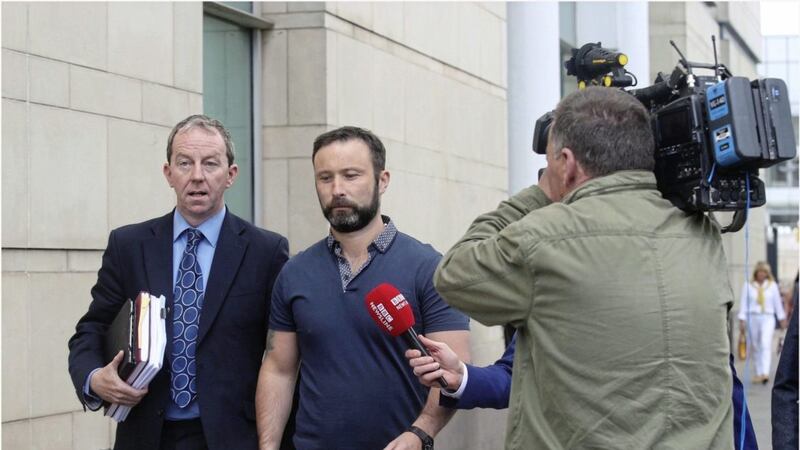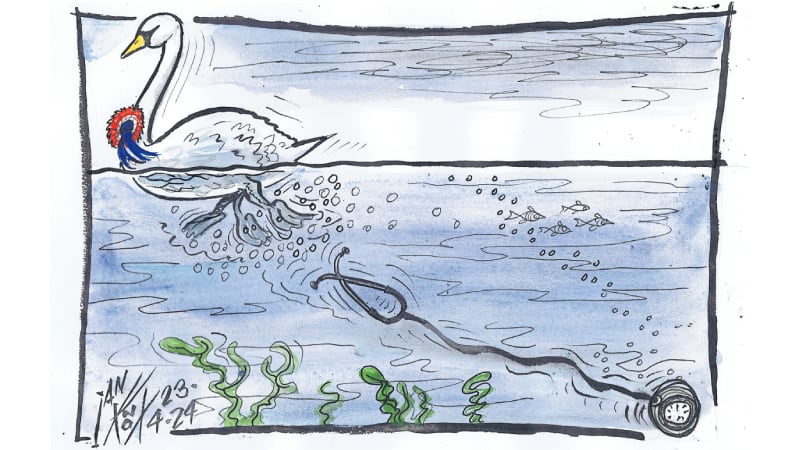ACCORDING to its own financial projections, MI5 spends around £400m a year covertly monitoring Northern Ireland-related terrorism.
Information the intelligence agency gathers is what the PSNI, in the main, relies on when it comes to investigating dissident republican activity.
The reduction in dissident attacks in the north over the last 10 years could be used to justify this enormous spend, but the reality is far more complex and down to a changing political rather than security situation.
The methods used and quality of information gathered and passed to the PSNI and in turn the Public Prosecution Service is tainted by the lack of successful prosecutions, despite numerous court cases that can last years and cost millions to the public purse.
The ruling by Mr Justice Colton in the case against Damien McLaughlin, who has been acquitted of charges of aiding and abetting in the murder of prison officer David Black, also raises questions around the use of cross-border intelligence in such serious trials.
The judge ruled that evidence gathered by gardai was not of a high enough standard to convict.
This ruling will be looked at carefully by lawyers, not least those representing republicans Carl Reilly and Paul Crawford who are due to stand trial later this year in Belfast based on surveillance gathered by gardaí at a hotel in Co Louth in 2015.
The apparent inability of the PSNI and PPS to mount a successful prosecution, in a normal functioning democracy, should be subject to a review of their practices and methods.
However, in the absence of a justice minster or functioning Policing Bard such scrutiny is unlikely.
In the meantime the vast amount of money MI5 and other intelligence agencies are paying to informers without tangible results must surely raise questions.
Eyewatering amounts spent on investigations and surveillance and paying criminal informers with little prosecutorial worth can only be damaging to long-term public confidence in policing structures.








